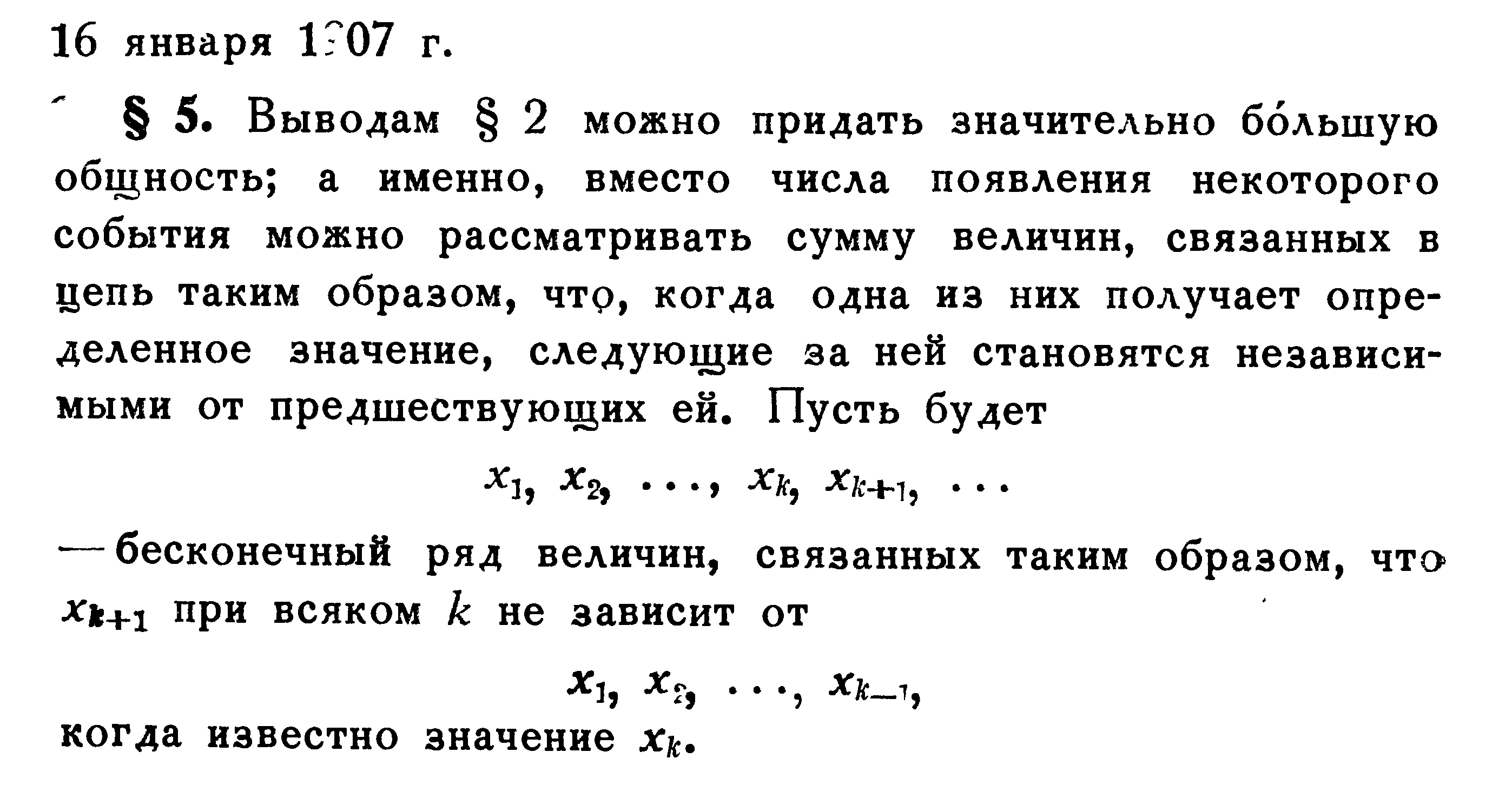Currently, I am using a Markov Chain to build a predictive model. I have done some research on the Internet, and found that a Markov Chain has a stationary distribution followed by ergodic condition.
My question is: what if I have a Markov Chain that is not ergodic, therefore, it may not have a unique stationary distribution. Despite the fact that I would not have a unique stationary distribution, can I still call my chain a Markov Chain and can I use it for a predictive model? or do I need to have an ergodic chain for a Markov Chain model to do prediction or simulation?

